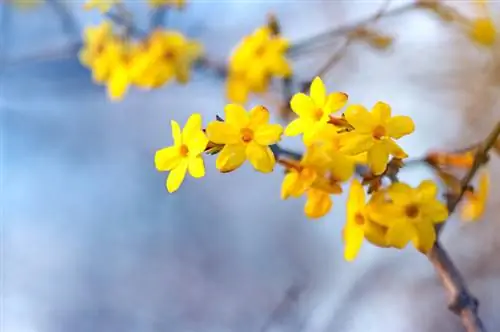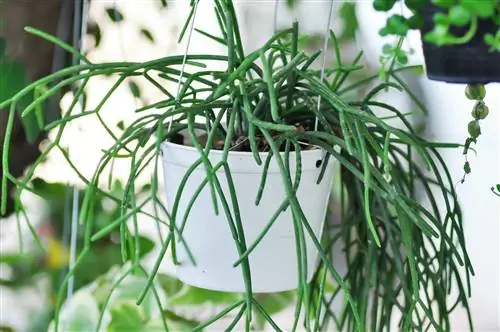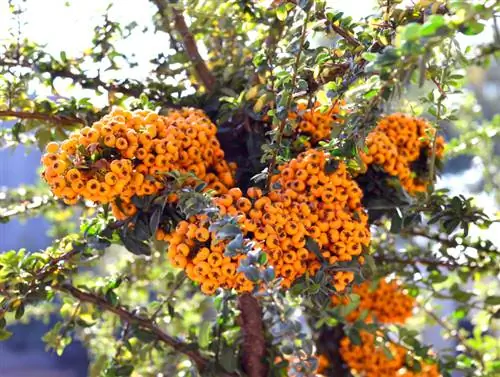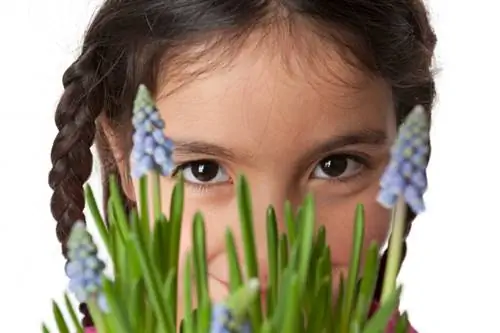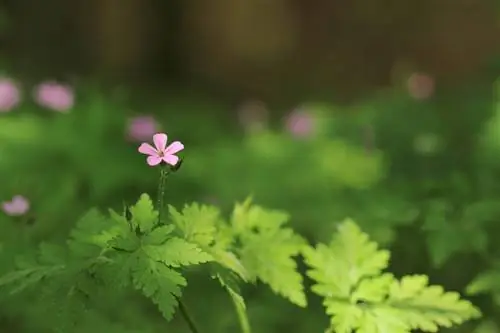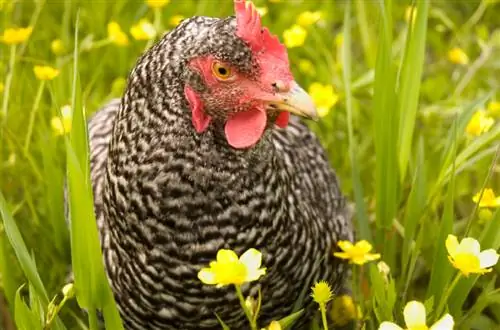- Author admin [email protected].
- Public 2023-12-16 16:46.
- Last modified 2025-01-23 11:20.
The easy-care winter jasmine, also called yellow jasmine, is sold commercially as a non-toxic garden plant. It contains some substances that are toxic in higher concentrations. You should refrain from eating the egg-shaped fruits. They are not considered tasty.
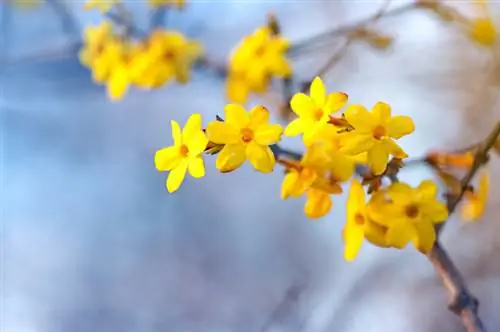
Is winter jasmine poisonous to humans?
Winter jasmine, also called yellow jasmine, contains substances that can be toxic in higher concentrations. Eating the egg-shaped fruits should be avoided as they are not considered tasty. Nevertheless, the plant is offered in stores as non-toxic.
The flowering period of winter jasmine usually lasts from January to around April. However, in a mild winter the yellow flowers appear before Christmas. They are somewhat sensitive to frost, unlike the buds. These can tolerate frost down to -15 °C. It is therefore best to plant the pretty winter bloomer in a location protected from the wind.
Winter jasmine in medicine
The homeland of the yellow jasmine is in East Asia, Mexico, Guatemala and the Atlantic coast of America. There, the Indians used winter jasmine for fishing because it contains active ingredients that, in high doses, cause paralysis, similar to curare. However, winter jasmine is not suitable for the self-treatment of complaints or illnesses. The medical use was controversial for a long time.
As Gelsemium sempervirens, yellow jasmine or winter jasmine is used in homeopathy. It is used against various ailments. It is said to have a supportive effect in the treatment of migraines or spring fatigue. It is also used for many colds or physical and mental exhaustion as well as dizziness and difficulty concentrating.
Areas of application of Gelsemium sempervirens:
- Headache, e.g. with flu
- Migraines
- various colds
- (spring) fatigue
- mental or physical exhaustion
- Vertigo
- Difficulty concentrating
Tip
Winter jasmine usually blooms particularly beautifully in a place protected from the wind because the flowers cannot tolerate too much frost. If they do freeze, there are usually enough buds left.

